I recently attended Marvel’s Black Panther World premiere and the Black Panther Press Conference. Many thoughts were shared, but here are the highlights of this conference and important takeaways.
8 Points You Need To Know From Marvel’s Black Panther Press Conference
The day after attending the world premiere of Marvel’s Black Panther movie with the cast of Black Panther, we attended the Black Panther Press Junket. I’ve shared my overall thoughts on the film in my Black Panther movie review (you should read that).
Attending the press junket with the whole cast was pretty amazing. I mean, Angela Basset was a few steps away from me! Gah!
Here’s a list of everyone that was there:
- Chadwick Boseman (“T’Challa / Black Panther”)
- Lupita Nyong’ o (“Nakia”) {We chatted with Lupita, you can read about that here}
- Michael B. Jordan (“Erik Killmonger”)
- Danai Gurira (“Okoye”) {She is a dream! Read about our girlfriend chat on hair, sword fighting and more}
- Daniel Kaluuya (“W’Kabi”) {I share my Daniel Kaluuya interview here}
- Angela Bassett (“Ramonda”)
- Forest Whitaker (“Zuri”) { Read about 10 takeaways with my interview with Forest Whitaker}
- Andy Serkis (“Ulysses Klaue / Klaw”) {Stay tuned for my post on my interview with Andy}
- Martin Freeman (“Everett K. Ross”)
- Letitia Wright (“Shuri”) {Read about Letitia’s thoughts about her role in Black Panther}
- Winston Duke (“M’Baku”) {stay tuned for my post on my interview with Winston}
- Director Ryan Coogler
- Producer and President of Marvel Studios Kevin Feige {I got to meet him last year when we chatted with him at the Thor press junket.}
The beautiful and entertaining Nischelle Turner from Entertainment Tonight was the moderator.
While I would love to share the full press conference, you can watch the whole thing here (if you desire). Their energy was dynamic, and you could feel the high they were on after watching Black Panther the night before. The looks on their faces were full of joy, and probably some relief. Although you may know it’s a good movie, how will the world react? Well, the honest and positive reviews of Black Panther have been overwhelming! Every person will judge this movie for themselves, but it’s revolutionary. To sum it up, Black Panther is unlike any other Marvel movie– it’s a gamechanger.
Here are the top takeaways from the Black Panther Press Conference.
How the actors of Black Panther felt after watching Black Panther with us
LUPITA NYONG’O: I mean, I’d been waiting a long time for this. And I was just so, so, so excited, because this was a movie that we all felt a lot of ownership of, and that we thoroughly enjoyed making. And you know, when you make a movie like this of this scale, so much happens between the time you perform it and the time you see it, you know – all the computer graphics stuff. Wakanda was built in, you know, in a room with Ryan and the incredible design team, you know. And so to see it alive, to see it almost like three dimensional was what I was looking forward to. And of course, to see it with everyone.
RYAN COOGLER: Oh, man, I felt – I just felt incredibly blessed, you know, to have had the opportunity to make the film this way, to make the film with this studio, you know, working with Kevin and his team – Victoria Alonso, Louis D’Esposito, and Nate Moore, who Chadwick was just talking about – has been like – which is an incredible opportunity. And it’s not something I ever imagined, you know, would happen. And it’s good to work with some of my, like my – you know, my mentor, and these people who I’ve watched, you know, for my whole life, and some friends that I’ve made through this process. I mean, it was – you know, it was incredible, when I had like 50 of my family members there, all from the Bay area; they were like, talking at the screen. ‘Heh-heh-heh-heh’.
On why Chadwick Boseman was the only choice for Black Panther
KEVIN FEIGE: I think you hear people say this all the time when you’re in a setting like this. But he was the only choice.
KEVIN FEIGE: We were – it may not have been this fast, but in my memory, we were sitting around a table, we were coming up with the story for Civil War – Nate Moore, our executive producer, thought – suggested bringing in Black Panther, because we were looking for sort of a third party who wouldn’t necessarily side with Cap or side with Ironman. And almost instantly, we all said Chadwick. And in my memory, although maybe it was the next day, we got him on speakerphone right then. And he was in the back of a limo, and – where were you, in Switzerland?
The women of Wakanda| How they felt
Giving props to the ladies of Wakanda. But how proud of you all were – to see yourselves up, being so powerful, and so beautiful, and so regal on that screen?
ANGELA BASSETT: Extraordinarily.
NISCHELLE TURNER (MODERATOR): Yeah?
ANGELA BASSETT: Extraordinarily so. And so pleased that this story, you know, written by Ryan, and Joe Robert Cole, and Marvel, that it supported that. You know, it – you know, in African culture, you know, they feel as if there is no king without a queen.
ANGELA BASSETT: And I think in this story, it highlights the queen, you know, the warrior, you know, the general – the young sister, you know. So I was so proud to have my daughter, and my son there last night, because in their faces, and in their spirit – and they were feeling themselves.
NISCHELLE TURNER (MODERATOR): Yes.
ANGELA BASSETT: And they stood taller after last night.
NISCHELLE TURNER (MODERATOR): And they were fully developed –
ANGELA BASSETT: Yes.
NISCHELLE TURNER (MODERATOR): — female characters, too, which is in a lot of movies, and sometimes, you know, comics have a kind of weird history sometimes with female characters – these were fully developed women in this movie, which I loved.
DANAI GURIRA: When Ryan sat me down and talked to me about his vision, and the story, and the characters, and the women, I was just floored, you know, because you don’t actually get to hear that often. You kn , you don’t actually get to hear that often. You know, you don’t actually get sat down and hear that type of a vision. And then it embodied with us being on the continent, women from the continent, but very developed, very complex. It was amazing. I mean, this is something else. I just want to watch it. I get to be in it?
DANAI GURIRA: This pride around it, and this sort of embracing of this – this sort of symbol of power in these women. And the beauty of how he wrote that moment – I loved that moment where she like, doesn’t want a wig. She doesn’t want to cover up. This is her joy, and her pride is in walking in with that – with that bald head with that tattoo on it. You know. And I was like – who – and that was like, it was so subversive, you know, and it’s so subversive in the right way, to say – we – that’s not – be – that’s necessarily beauty. You don’t have to have hair to be beautiful. There’s so many great things I could say about how Ryan developed these women characters and allowed us to collaborate – that I’m just – I feel really blessed about, and excited.
LETITIA WRIGHT: I think – what I love about it, as well, with how it was written is that the men are always behind the women, as well. So no one’s like undermined – like, the men are like, you know, ‘You shouldn’t be in technology, and you shouldn’t be in math.’ They’re like, ‘No, go ahead.’ Like, so T’Challa is like, ‘Go ahead, Sis. This is your department. This is your domain. Like – kill it.’
On political nods and relevant social themes
Question asked: Can you talk about, you know, how far did you want to take it and Kevin being, sorry, the man, you know, keeping it a level where it’s not too radical, but at the same time you’re presenting a lot of very relevant social themes like isolationism and a lot of societal issues.
KEVIN FEIGE: Well, I think it’s happened for the comics, it’s happened with the movie. Ryan wrote this, for the most part, you know, a year and a half ago, two years ago, so things have happened in the world which makes the film seem more relevant. There are other things in the film that have been relevant for centuries. Still, the truth of the matter is Stan Lee, and Jack Kirby and the whole Marvel bullpen created Wakanda and created T’Challa and created Black Panther and made him a smarter, more accomplished character than any of the other white characters in the mid-1960s. So they had the guts to do that in the mid-1960s. The least we can do is live up to that and allow this story to be told the way it needed to be told and not shy away from things that the Marvel founders didn’t shy away from in the height of the civil rights era.
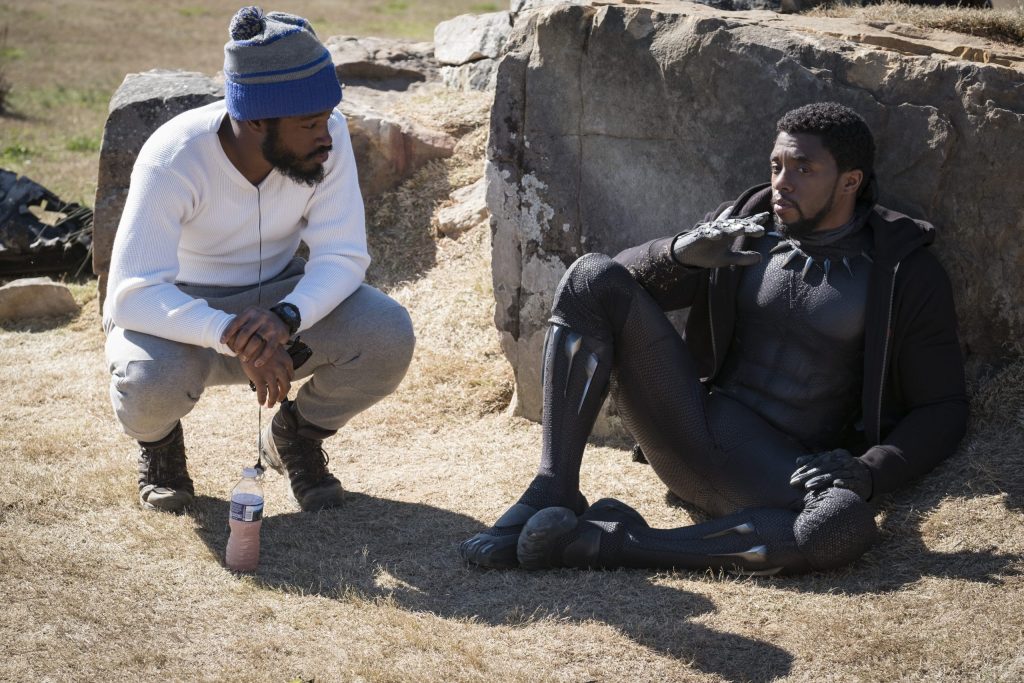
Marvel Studios’ BLACK PANTHER..L to R: Director (Ryan Coogler) and Chadwick Boseman (T’Challa/Black Panther).Photo: Matt Kennedy..©Marvel Studios 2018
Which comic books were used to pull inspiration for Black Panther?
RYAN COOGLER: We actually pulled from all of them, you know. We pulled from like pretty much; you can go to our film and see something in there probably from every writer that has touched T’Challa’s character in the Black Panther comics. You know Stanley and Jack Kirby’s initial runs through, you know, Don McGregor, you know, Christopher Priest, Jonathan Hickman, you know, and it’s on East Coast Black Age of Comics, and Brian Stelfreeze’s run was a big part of it as well, you know, so we just kind of grabbed from all. The characters got a long history, you know, and it’s such rich stuff to mine, you know. And each kind of writer kind of left their own mark, you know, on it like Claude’s been around for a long time. But you know Agent Ross was about Christopher Priest and that run and Suri’s character was about Reginald Hudlin and his run, you know, so each run kind of leaves something for us to pull from, but we pulled from absolutely all of them.
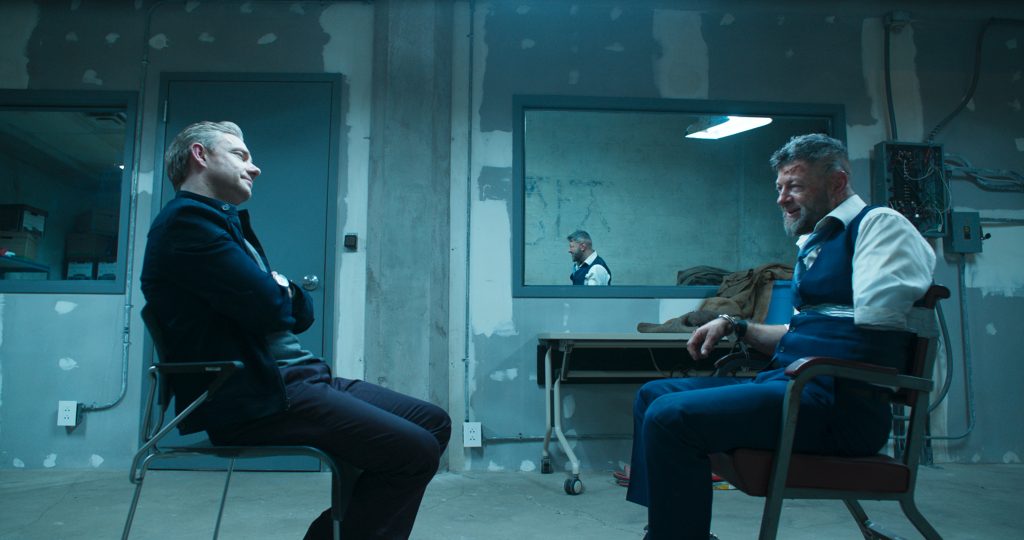
Marvel Studios’ BLACK PANTHER..L to R: Everett K. Ross (Martin Freeman) and Ulysses Klaue (Andy Serkis).Ph: Film Frame..©Marvel Studios 2018
How did Bilbo and Gollum find their way into Black Panther?
I’m going to throw a question to Bilbo and Gollum. I just wanted to ask you’re in this incredible experience with all of the African talent, African descendants talent, actors behind the cameras, crew, how did that, or will it do you think affects your worldview and your view as artists from, you know, your culture?
ANDY SERKIS: Actually, we were just talking about that earlier on, and it was very funny ’cause you reminded me of a story of Ryan saying to us before we were about to do our scene. Ryan came up to us and said, you know, I’ve never actually directed two white actors before. And probably not, probably ever, it was hilarious, it was kind of hilarious, but at the same time, it was just like fuck that’s tragic, you know. It was kind of insane and kind of like weird, but it really was, I mean it was an incredible experience working with Ryan. He is one of the most brilliant, you know, wonderful, warm, humble, incredibly clever, articulate visionary directors, and just to be part of this was just, well for me, I mean, I don’t know what you thought of it.
MARTIN FREEMAN: I hated it.
ANDY SERKIS: Did you? [LAUGH]
MARTIN FREEMAN: I felt bullied. [LAUGH]
MARTIN FREEMAN: Of course, yes, I agree. I was joking.
ANDY SERKIS: No, it was just an incredible experience, you know, and to be part of it was and I just think this film is so important and to be able to be part of something that is so groundbreaking and yes should have been made many years ago, you know, but now is the time and now is a brilliant time because things are changing rapidly in every single aspect of filmmaking and so it should, and the needle should swing right the other way because we need to really change things.
Y’all, during the police interview scene of Andy and Martin, I was waiting for Andy to start saying, my precious! LOL The only white people in Black Panther, I think they did a fantastic job in their roles!
On how important it was to have Black Panther speak with an African accent
This question was from our friend Ari of Love, Peace, and Tiny Feet. “I read that it was especially important for you to have Black Panther speak in an African accent. Can you elaborate on that a little bit as far as your thoughts are for this and why it was so important?”
CHADWICK BOSEMAN: That’s a lot. I will try to be as quick as possible. You know I think as actors this is separate from the movie, but there is when you’re trained you’re trained very often from a European perspective. What is considered great or classical is very often British, and it’s certain writers, and I happen to come from a background that does not believe that, you know. I went to Oxford to study, but I went to Howard, and we [LAUGH] were taught to respect our writers and our classics just as much and believe that it takes the same skill level and same technique and sometimes techniques that are a little bit different to pull that off. And so I think you have to be, you have to tell the stories and be true to yourself as an artist. And in this, there’s no reason, you know, for it because there was a time period where people were asking me questions about whether or not an audience could sit through a movie with a lead character who spoke with that accent, you know. And it was not Kevin, by the way, so just making sure you know that. [LAUGH] People outside Marvel as well, and so I became adamant about the fact that that is not true. That the intonations and melodies inside an African accent are just as classical as a British one or a European one and that all of the emotions and aspects of a character can be shown and expressions can be shown through that accent. We have to take this opportunity to show that, and he just wouldn’t, if he had never been conquered, if his ancestors had never been conquered, and he’s never been conquered, and Wakanda is what it is, he doesn’t have to go to Oxford to study. He doesn’t have to go to Cambridge or Yale or any place to study. He actually got his education at home, and he would not then assimilate a language that is the colonizer’s language in order to speak to his people. So he had to speak with an African accent.
Can Wakanda save the world and preserve their own?
I think the main morality issue of this movie is whether you can self-preserve and also save the world; like there is a cost and so I’m wondering if that’s how you all feel, that if you were going to be able to save masses of people, that there would be a significant cost to self or risk to self and how you feel about that?
DANIEL KALUUYA: A hundred percent because you don’t know where that grows – what that grows into. One of the things that drew me to this film was a conversation with Ryan talking about Takango, which is a district in the Congo which I felt was the inverse of Wakanda where it’s like this area where it’s like it’s got so many resources, but it’s sacrificed itself for the benefit of the whole world. And if you give a little how, what does that lead into, you know, and Wakanda has been kind of like it’s us, it’s for us, it’s for us. And I do feel like, and I feel like we have that as artists, as creative beings you step into a certain point and I feel everyone in this room has that way, you’re giving yourself on to and then the sacrifice you made, as a compromise you make when you can’t move around, and you can’t do certain things, but if the cause is just enough. And that’s, there’s good and bad in every situation, and that’s what is amazing about this film for me was that there’s no right decision, there’s just a take. I thought it was just; there’s just love; is that whether you do things in a loving way and I feel this is a film that’s a lot of – well to me when I watched it last night, it’s about grief and what you decide in grief and how you decide to handle grief especially between T’Challa and Killmonger, how they decided to handle that bet. That they got through means that they’re different people, but they come from the same root, you know, the pain is the same root, and that shows the testament of T’Challa’s character and why he is what he is, and Killmonger can’t overcome that for whatever reason because he’s in an environment where the pain is visceral because he’s in the western world and, you know, it’s a constant reminder of worthlessness at times. And so yeah, that for me was, I don’t think there is a right and wrong. I just think is the cause just, and if the cause is just you just do what you need to do and then sometimes there are sacrifices, but there’s also sacrifices if you don’t do it and that’s the battle that we’re in. We’re putting it out there, and everyone makes their own decisions.
Black Panther opens THIS WEEKEND! (February 16th, 2018).
Black Panther 2 is scheduled to be released in 2022.
You check a Black Panther trailer showcasing one of my FAVORITES scenes:
Read more about the Black Superhero and Marvel’s Black Panther movie:
Black Panther Quotes from Marvel’s Black Panther Movie
10 Takeaways From My Interview with Forest Whitaker on his character Zuri in Black Panther
Why Black Panther Matters: What He Said
Black Panther Themed Cocktail | The Chilling Mist Cocktail
The Black Panther Red Carpet Was The Blackest Reunion Ever!
Why Black Panther Is Going To Be LIT {and I haven’t even seen it}
Music Review of Kendrick Lamar’s Black Panther Soundtrack
Black Panther Cocktail | The Vibranium Cocktail with Hpnotiq
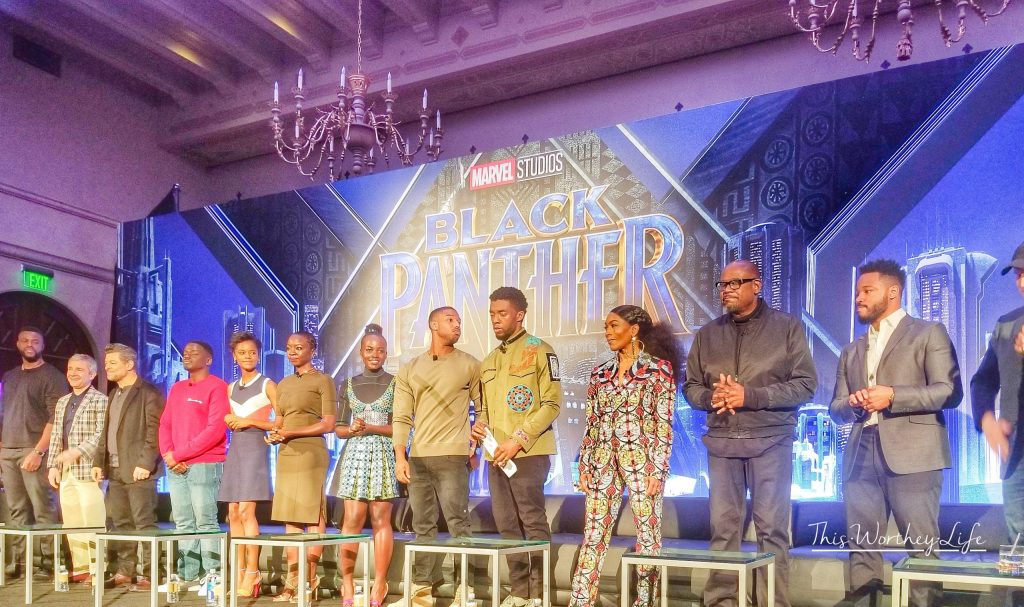
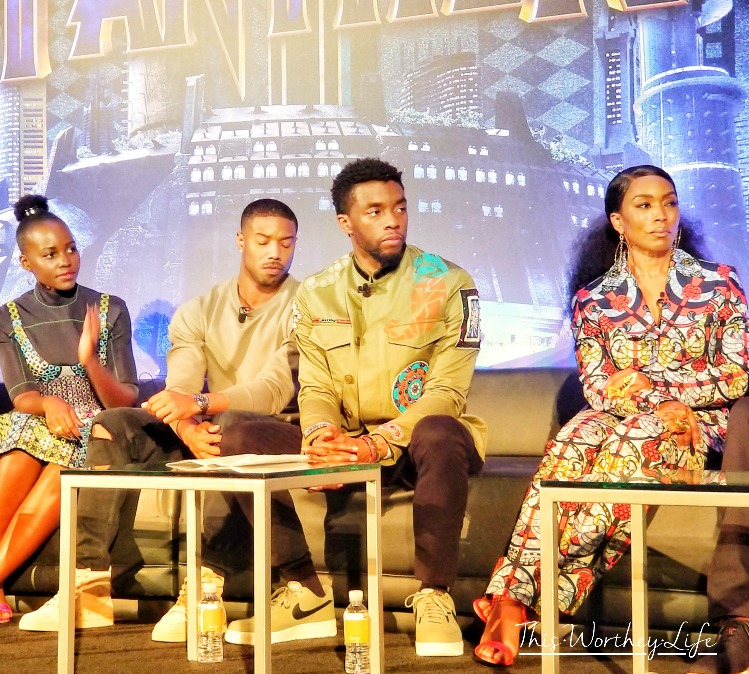
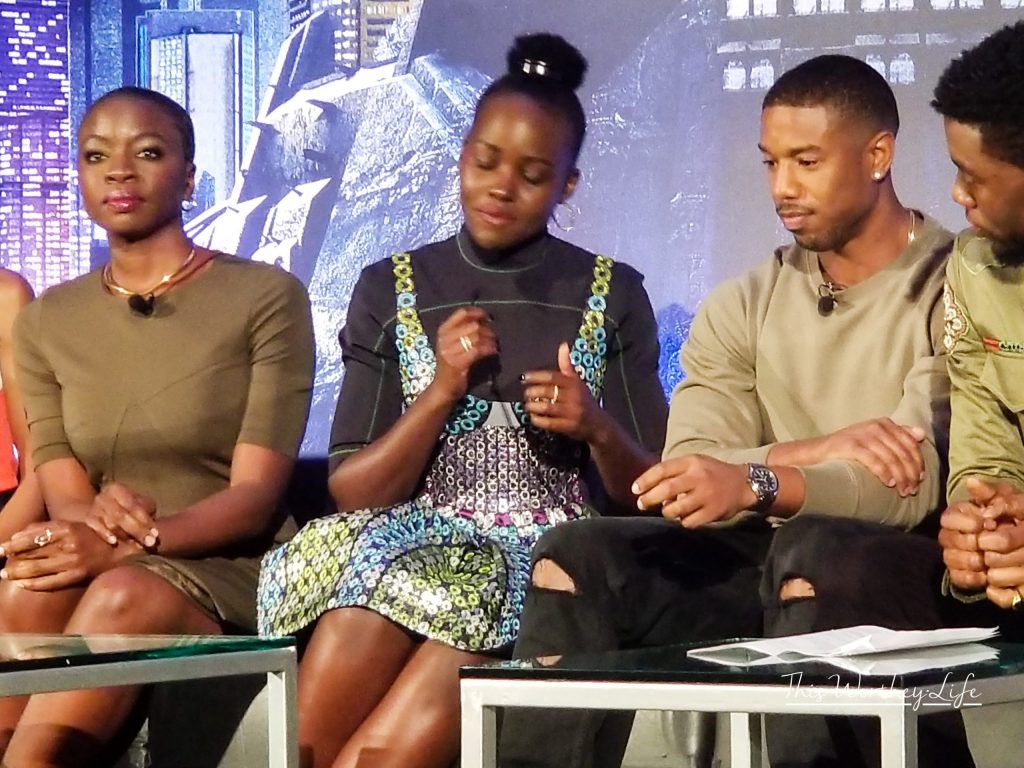
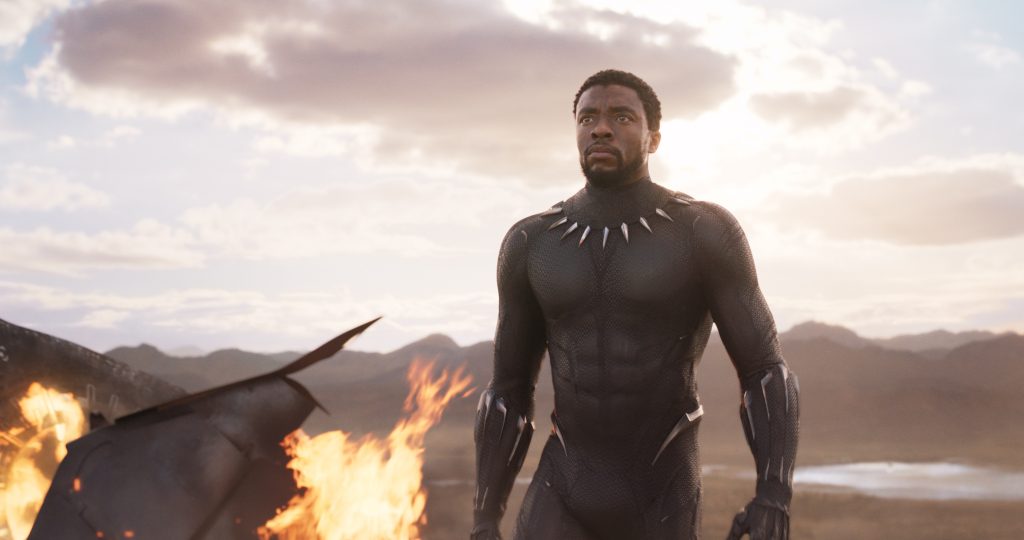
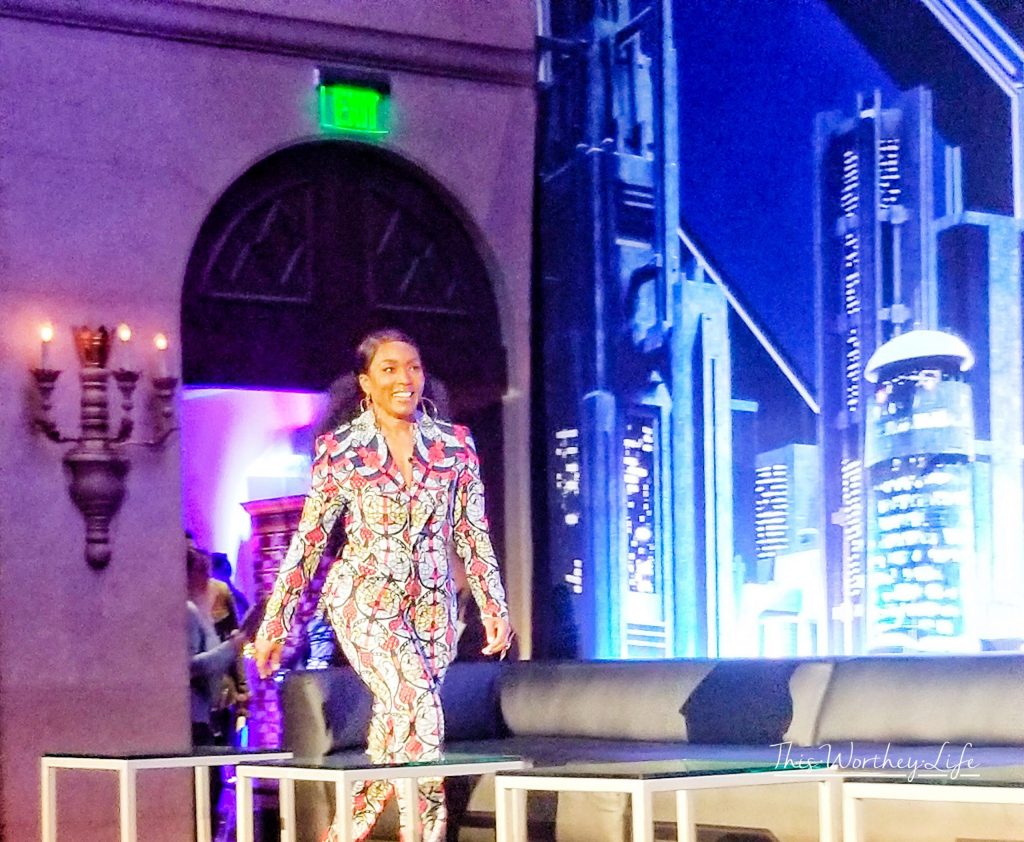
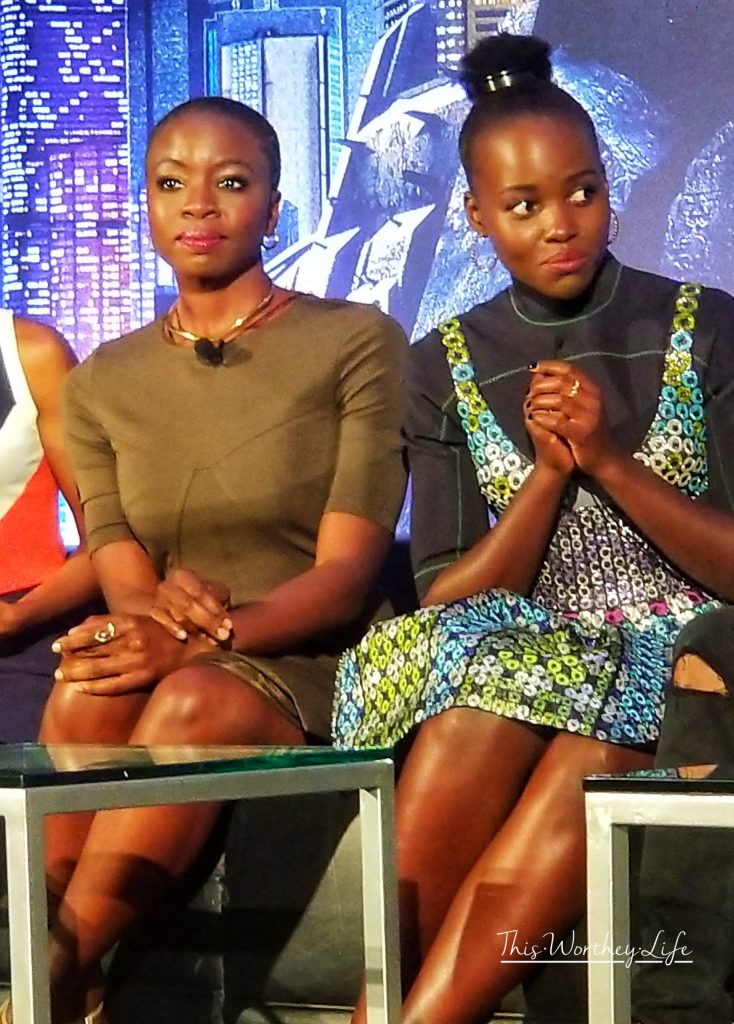
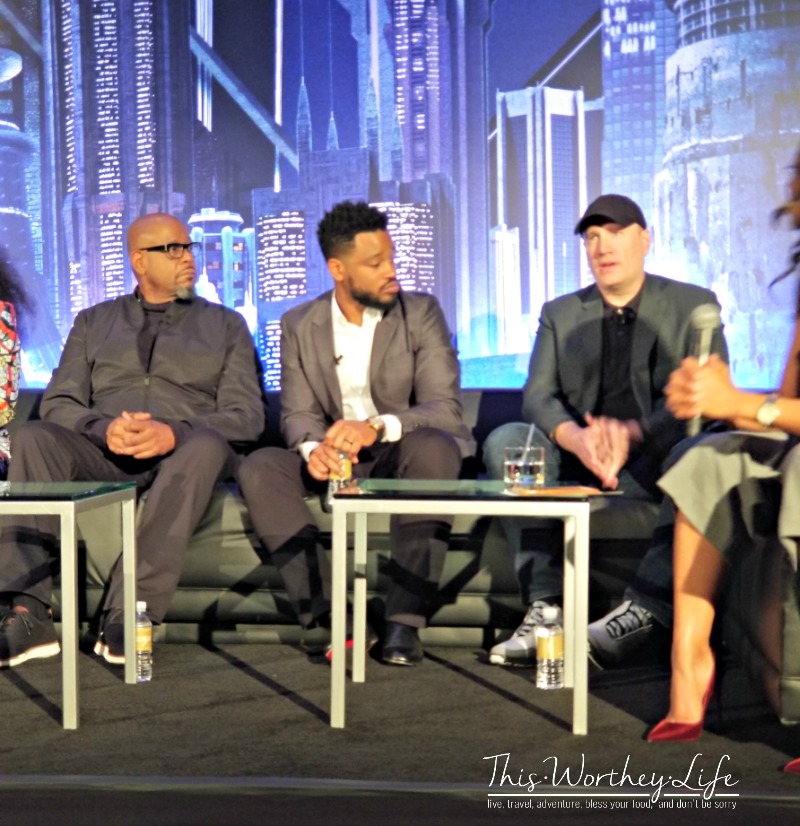
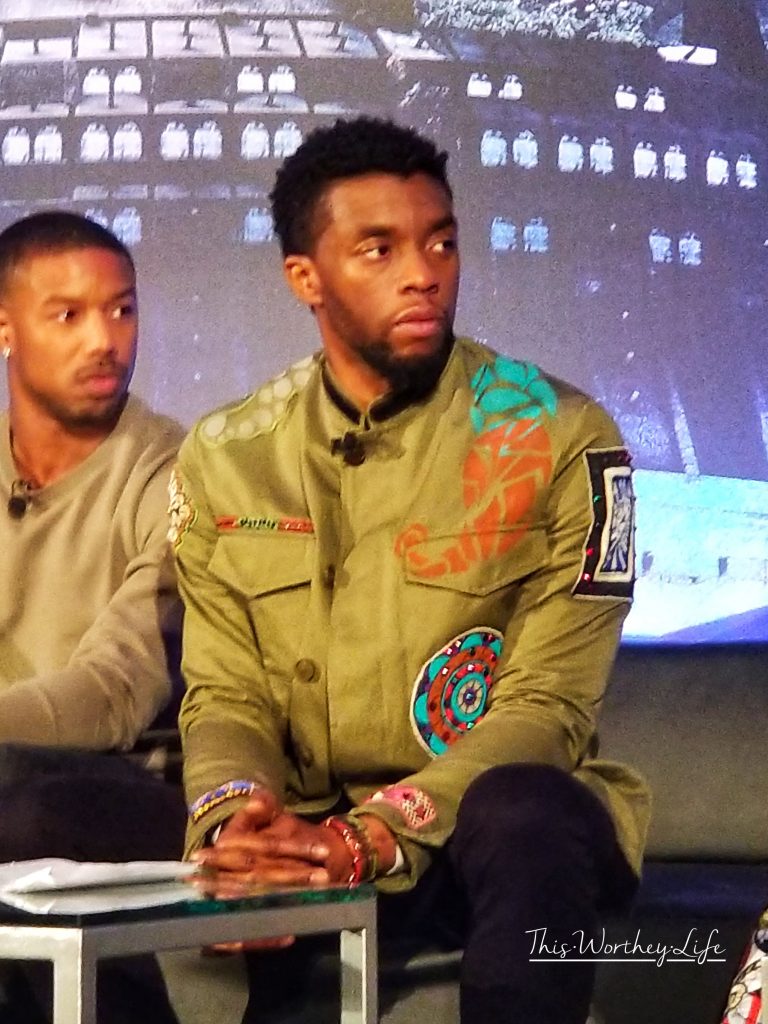
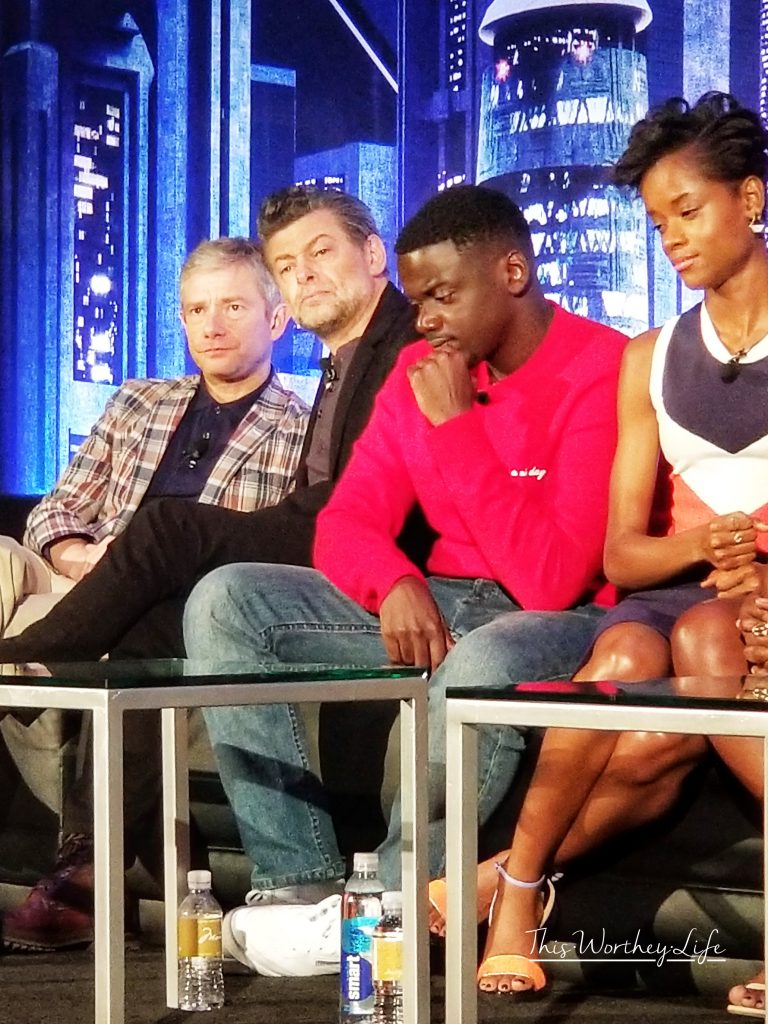
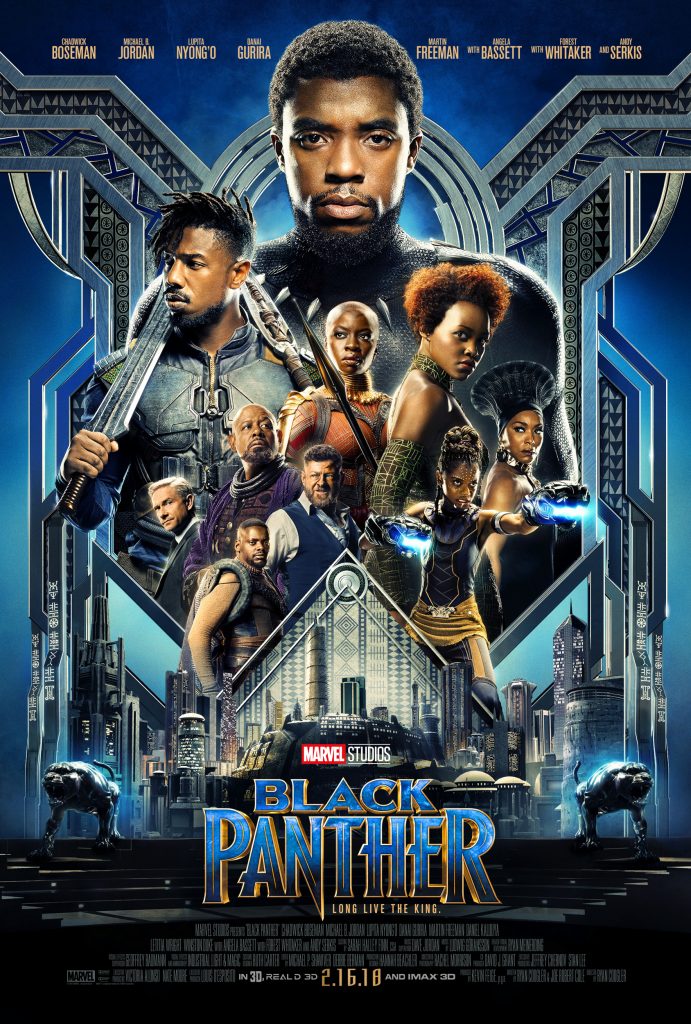
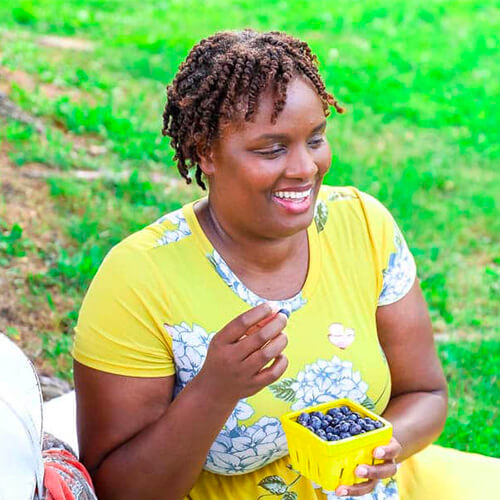
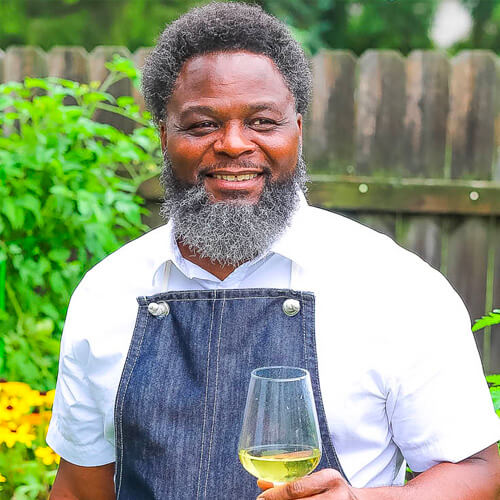
Leave a Reply